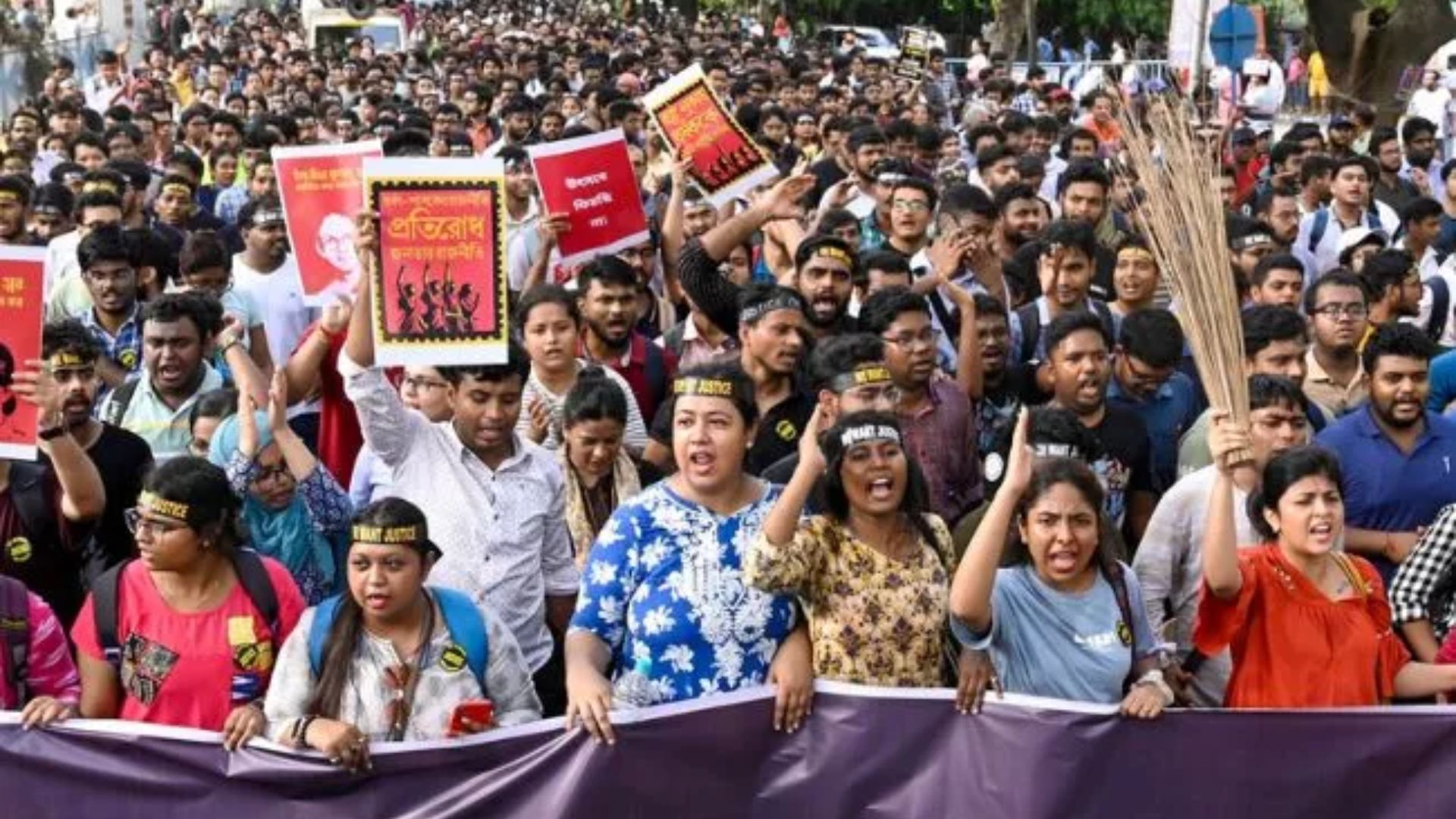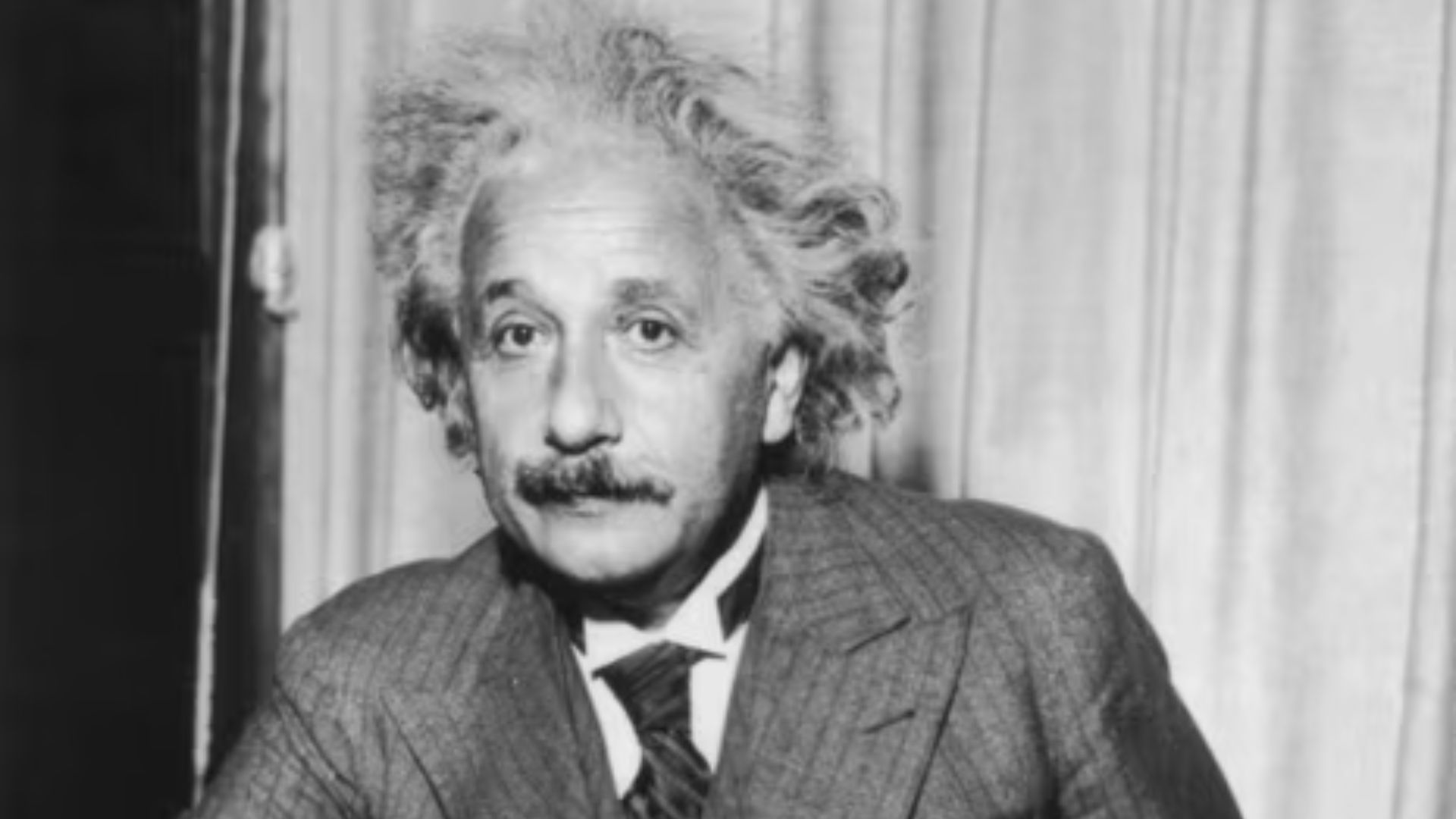
This article delves into the concept of pluralism which has been the essence of Indian society since time immemorial and how it is being uniformised, for political reasons more than social reformation. First, let’s talk of how the religious profiling of Hindus is being uniformised towards one deity that is lord Ram. Ramayan and Gita are the two most popular religious epics which have dominated the Hindu philosophy. BJP has centered the Hindu religious philosophy around lord Ram leaving the philosophy of lord Krishna on the fringes. Lord Ram is maryada Purshottam and his life is lesson RSS and BJP want the Hindus to live. The reason is obvious- he had one wife and he is purshottam – who suffered 14 years exile to keep the sanctity of his father’s promise. Krishna had 16108 wives, mostly de jure and few de facto according to the scriptures and folklore. And he had Shri Radha – relation we idolize as purest form of love. But there’s an inconvenient truth about it and that is that according to some literature and folklore she was married. While lord Ram is the ideal incarnation of lord Vishnu, lord Krishna is the liberal avatar. That’s why the political discourse around deities and Hindu philosophy has been uniformised towards lord Ram.
Politics has always allied with religion to rule all over the world. India is no exception. Sangh had purposely chosen lord Ram over lord Krishna because it’s the way of life of lord Ram which they want to impose on Hindus who have 33 crore deities proverbially. In addition, Ram mandir was also a reason to monoplised the dieties.
What’s the nexus of Ram-yukt Hindutva with governance? Hindu-Muslim is the axis of political discourse today and has been since partition. Now that BJP is talking of UCC, the life of lord Ram gives it the religious and philosophical force to bring UCC. One man-one wife template.
In 1995 and 1956 Hindu personal laws, marriage, adoption, succession etc were codified by the Congress got and muslim law was untouched. Then RSS and other Hindu organizations had opposed it fiercely, including legislators Shyama Prasad Mookherjee and NC Chaterjee who said: Why not frame, if you have courage and wisdom to do it, one uniform civil code? Why are you then proceeding with communal legislation? Nehru and Ambedkar ironically thought that time is not ripe for Uniform Civil Code and imposed their “reforms” only on Hindus. Merits of the codification is debatable.
Now, the opposition, including Congress, the very party which codified Hindu Personal law is accusing the BJP of bringing communal legislations like Waqf amendment Bill and UCC- Uttarakhand already enacted its state law and on 15th August from the ramparts of Red Fort PM Narendra Modi hinted a national UCC saying there’s need for a discussion and debate on it.
Truth is that religion has utility for politics and nothing beyond. The first party to bring communal legislation was Congress. Within a few years of attaining independence, it thought time was ripe to codify Hindu laws but it was “mad” to provoke Muslim by touching their personal laws. For them time is yet not ripe to bring muslims under the net of UCC. This is double speak.
Even the BJP is not serious about bringing UCC. Only one BJP-ruled state enacted UCC, that is also not into effect yet. Recently, it brought Waqf Amendment Bill. What’s the need to bring it if it intends to bring UCC? The apt and just thing would be to bring UCC which would subsume Waqf law and HIndu Religious Endowments Acts along with other personal laws. Any UCC draft without that would be half hearted and discriminatory as Hindu Religious places are governed by states indirectly through respective Acts in those states. The mistake which Congress did in 1955 shouldn’t be repeated by BJP.
Moreover if at all the government brings UCC draft, it has to be liberal enough to meet the aspirations and values of citizens today. It has to be best of both the worlds and not an outdated piece of legislation. Hindu Marriage Act has miserably failed. The state of institution of Marriage is a testimony to it. Overregulation of marriage by the state has done much harm to the law than the “western influence” as the state often chides for the state of marriages in India.
Ram Rajya (mode of governance) shall be the aim, not imposition of personal life of lord Ram on citizens.
The writer is Delhi based lawyer.















